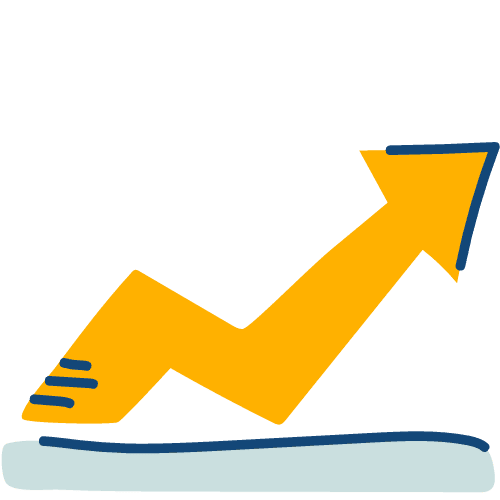CLIMB THE CAREER LADDER: MASTER YOUR INTERVIEW SKILLS WITH EASE
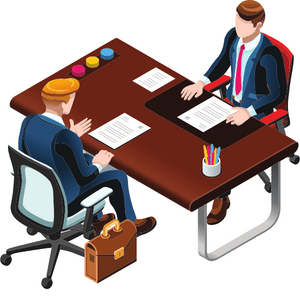
Introduction to Interview Skills
In today’s challenging job market, possessing strong interview skills is crucial for propelling your career forward. Whether you’re a recent graduate or a seasoned professional, knowing how to effectively communicate your qualifications and experience can make all the difference in landing your dream job.
Understanding the Interview Process

Before diving into interview preparation, it’s important to understand the various stages of the interview process. From initial screening calls to final rounds of interviews, each step presents its own challenges and opportunities. By familiarizing yourself with what to expect, you can better prepare and position yourself for success.
After submitting your application, the first stage typically involves a screening call or initial interview with a recruiter. This conversation aims to assess your qualifications, experience, and fit for the role. It’s crucial to articulate your skills and accomplishments clearly while demonstrating enthusiasm for the opportunity.
If you pass the initial screening, you may be invited to participate in one or more rounds of interviews with the hiring team. These interviews often delve deeper into your background, technical expertise, problem-solving abilities, and cultural fit within the organization. Be prepared to provide specific examples that showcase your capabilities and alignment with the company’s values.
Depending on the company’s hiring process, you may encounter various interview formats, such as behavioural interviews, case studies, technical assessments, or panel discussions. Each format serves a specific purpose in evaluating different aspects of your candidacy, so it’s essential to adapt your approach accordingly.
As you progress through the interview stages, continue to research the company, its industry, and any recent developments that may impact the role. Demonstrating knowledge of the organization’s goals, challenges, and competitors can set you apart as a well-informed and strategic candidate.
In addition to technical skills and qualifications, interviewers often assess soft skills such as communication, collaboration, adaptability, and problem-solving. Highlighting your ability to work effectively in teams, manage conflicts, and navigate complex situations can strengthen your candidacy.
Finally, don’t forget to prepare thoughtful questions to ask your interviewers. This demonstrates your interest in the role and company while providing an opportunity to gain valuable insights into the organization’s culture, expectations, and future plans.
By understanding the various stages of the interview process and proactively preparing for each step, you can increase your confidence, showcase your strengths, and maximize your chances of success.
Mastering Non-Verbal Communication

While what you say in an interview is important, how you say it can be equally as crucial. Non-verbal cues such as body language, eye contact, and posture can convey confidence, professionalism, and enthusiasm. Paying attention to these subtle signals can leave a positive impression on your interviewer.
Crafting Compelling Responses
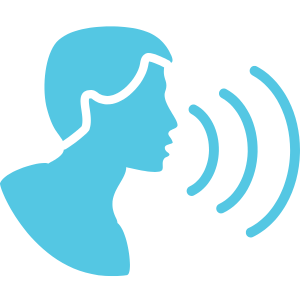
One of the keys to acing an interview is being able to articulate your thoughts and experiences effectively. By practicing thoughtful and concise responses to common interview questions, you can demonstrate your qualifications and suitability for the role. Remember to tailor your answers to highlight your relevant skills and achievements.
Highlighting Achievements and Skills

During an interview, it’s important to showcase your unique strengths and accomplishments. Whether it’s through specific examples or quantifiable achievements, providing evidence of your capabilities can help set you apart from other candidates. Be prepared to discuss how your past experiences have prepared you for the challenges of the new role.
Handling Tough Questions with Ease

Interviews can often include challenging or unexpected questions designed to test your critical thinking and problem-solving abilities. Instead of being caught off guard, approach these questions with confidence and poise. Pause briefly to collect your thoughts before providing a response, and feel free to seek clarification if necessary.
Practicing Mock Interviews
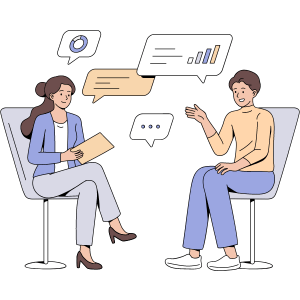
Practice is among the most effective methods for enhancing your interview skills. Consider conducting mock interviews with friends, family members, or career advisors to simulate real-life interview scenarios. Pay attention to areas where you can improve and use feedback to refine your approach.
Building Rapport with the Interviewer
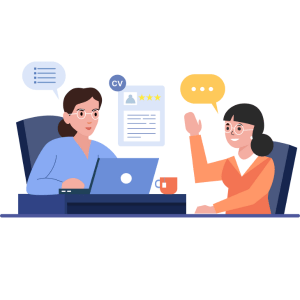
Establishing a positive rapport with your interviewer can help create a more relaxed and engaging conversation. Take the time to connect on a personal level and demonstrate genuine interest in the company and the role. Asking thoughtful questions and actively listening to the interviewer’s responses can help foster a sense of rapport and mutual respect.
Closing Strongly
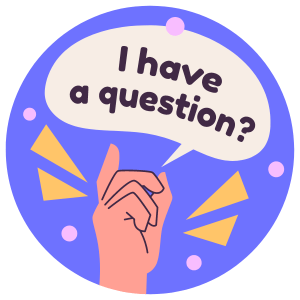
As the interview comes to a close, take the opportunity to leave a lasting impression. Express gratitude for the opportunity to interview and reiterate your enthusiasm for the position. Use this time to ask any final questions and clarify any remaining doubts. Ending on a positive note can leave a favourable impression on the interviewer.
Following Up After the Interview

After the interview, it’s important to follow up with a thankyou note or email to express appreciation for the opportunity. Use this opportunity to reaffirm your interest in the role and reiterate your qualifications. Additionally, consider staying in touch with the interviewer to keep the lines of communication open.
Conclusion
In conclusion, mastering interview skills is crucial for your career journey. Whether you’re experienced or just starting out, getting better at talking confidently in interviews can open up great job opportunities. At Learnatrix, we get how important it is to have someone help you personally. That’s why our one-on-one interview skills sessions are designed to give you the support you need to shine in interviews. Don’t let nerves or doubts hold you back—join us at Learnatrix and improve your interview skills.
Sign up for our 1-on-1 interview skills session now and start moving forward in your career. Book your Training here!!
FAQs (Frequently Asked Questions)
1. What should I wear to an interview?
Opting for professional attire is consistently a wise choice. Opt for attire that is appropriate for the company culture and industry.
2. How can I overcome nervousness during an interview?
Engage in deep breathing exercises and envision yourself achieving success. Remember, feeling nervous is natural and demonstrates your investment in the opportunity.
3. Is it okay to ask questions during the interview?
Absolutely! Asking thoughtful questions demonstrates your interest in the role and company. Prepare a few questions in advance to ask at the end of the interview.
4. How long should my answers be during an interview?
Aim for responses that are clear and concise, but don’t be afraid to elaborate when necessary. Strike a balance between providing enough detail and avoiding rambling.
5. Should I bring a copy of my resume to the interview?
Yes, it’s always a good idea to bring extra copies of your resume to distribute to interviewers. It shows preparedness and professionalism.
